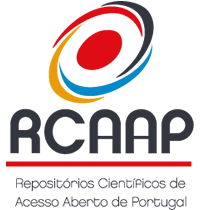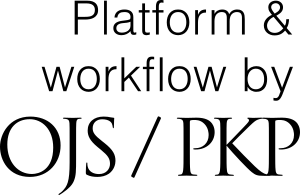Climate as nobody’s thing or as common heritage?
DOI:
https://doi.org/10.48797/sl.2024.155Keywords:
Invited SpeakerAbstract
When the latest ILC report states that “Atmosphere and airspace are two different concepts which must be distinguished (...)”, this opens the pathway to make the “functional” dimension of the earth system autonomous, from the “static” territorial element of sovereignty. This development makes it possible to answer the question: “What is Climate from a legal point of view?”. The current inability to legally portray the functional dynamics of the planet was at the origin of the non-recognition of the good Stable Climate itself as a Common Heritage of Humankind, and the choice to address the problem – climate change is a Common Concern of Humankind. This option has limited the action strategy to avoid/mitigate/neutralize emissions, preventing the internalization of benefits in the good Stable Climate, because they disappear into the global legal void. This makes it impossible to build an economy capable of actively care/restore/regenerate climate. Today, there is no incentive or compensation system for negative emissions. The tragic paradox in which we find ourselves is that the current legal status of climate change as a “concern of humankind”, in fact, maintains and prolongs the condition of the climate system as a nobody’s thing, the status of res nullius [1], the dumpster of humankind [2]. This status, conditions and limits all efforts to remove CO2 from the atmosphere (through nature-based solutions or the use of new technologies), to neutralize and maintain current emissions or generating rights to make even more emissions. In other words, it does not allow the development of an economic activity to remove CO2 already in excess and restore the functioning of the Climate System.References
1. Imber, M., & Vogler, J. (Eds.). (1995). The Environment and International Relations (1st ed.). Routledge.
2. Milun, K. (2018). The Political Uncommons: The Cross-Cultural Logic of the Global Commons (1st ed.). Routledge.
Downloads
Published
How to Cite
Issue
Section
License
Copyright (c) 2024 Paulo Magalhães

This work is licensed under a Creative Commons Attribution 4.0 International License.
In Scientific Letters, articles are published under a CC-BY license (Creative Commons Attribution 4.0 International License), the most open license available. The users can share (copy and redistribute the material in any medium or format) and adapt (remix, transform, and build upon the material for any purpose, even commercially), as long as they give appropriate credit, provide a link to the license, and indicate if changes were made (read the full text of the license terms and conditions of use).
The author is the owner of the copyright.









